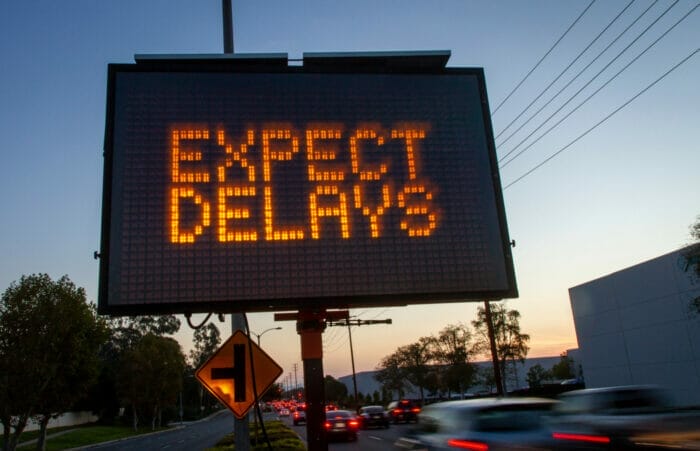
The backlogs at U.S. Citizenship and Immigration Services (USCIS) have snowballed to create “an avalanche of consequences for the agency,” applicants, and petitioners, according to the annual report issued by the Office of the Citizenship and Immigration Services (CIS) Ombudsman earlier this month.
Each year, the Office of the CIS Ombudsman releases an annual report on the state of affairs at USCIS and offers recommendations on changes the agency could make to improve the identified problems. The 2022 report covers calendar year 2021, as well as the first several months of 2022.
The Ombudsman’s Annual Report 2022 noted that 2021 marked “an unwelcome watershed” for USCIS, as it tried to work its way out of the pandemic but was instead confronted by “the crisis of backlogs which is now threatening to overwhelm it.”
The report notes that the agency’s significant processing times cause an avalanche of “immediate and often severe” consequences, including “ lost jobs and the benefits attached to them (both temporary and permanent), lost societal benefits such as driver’s licenses, lost safety net benefits, and similar losses—to say nothing of the anxiety, stress, and depression they experience.”
Additionally, these consequences for applicants and petitioners have a “snowball” effect on the agency as well: “[e]ach delayed application creates a need for workarounds to mitigate the delay’s impact, resulting in these individuals seeking expedites, applying for additional benefits to bridge the gap created by the backlog, and generally dealing with the effects of the lack of action.”
This feedback loop creates more work for the agency, as they are then forced to respond to more service requests from applicants and their attorneys. It also slows down the USCIS Contact Center as they receive increased calls related to delayed cases, increases requests for assistance to Congressional representatives, and drove a 79% spike in requests for help from the Ombudsman in 2021.
As part of its report, the Ombudsman laid out a series of recommendations for USCIS to help alleviate “the harmful impacts of backlogs and lengthy processing delays.” The Ombudsman’s recommendations include expanding flexibility for work and travel documents, making the expedite process more efficient and consistent, trying new procedures and methods to address the affirmative asylum backlog, continue “robust” digitization efforts, and learn from its success in backlog reduction in areas such as the U visa determination process.
Though the annual report is not binding on USCIS, the CIS Ombudsman’s close relationship with and knowledge of USCIS and its procedures gives their insights and recommendations additional weight. The annual report is submitted to Congress each year in mid-summer.
The CIS Ombudsman serves as an official public liaison between USCIS and its “stakeholders:” the applicants, petitioners, immigration attorneys, and other advocates and organizations that work with immigrants and USCIS. The Ombudsman’s office works to investigate complaints and resolve problems in cases being processed by USCIS. The current CIS Ombudsman, Phyillis A. Coven, took over the job in March 2021.